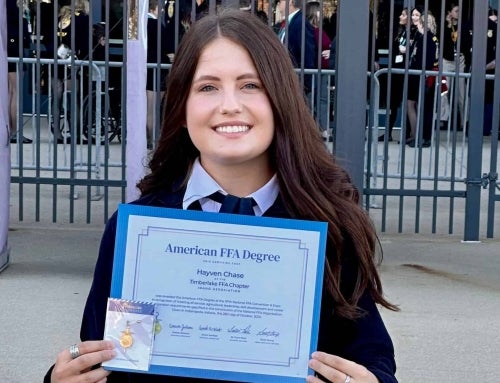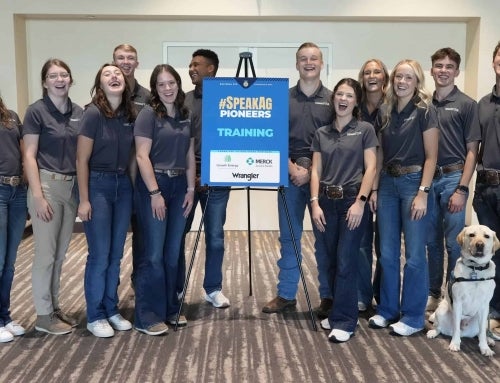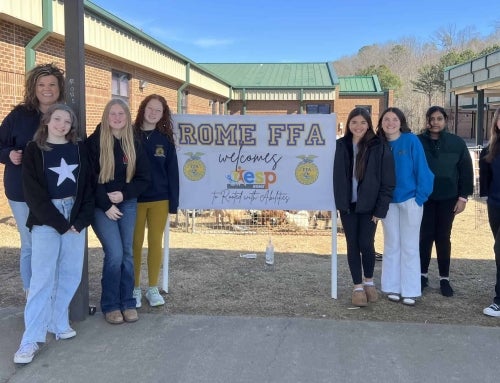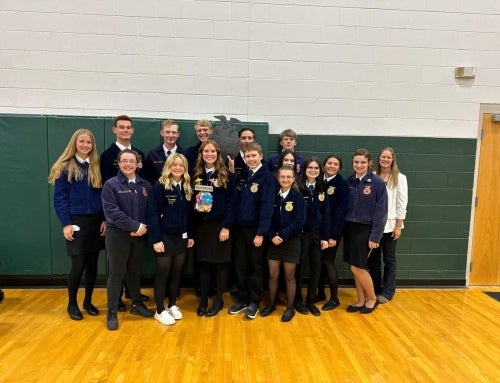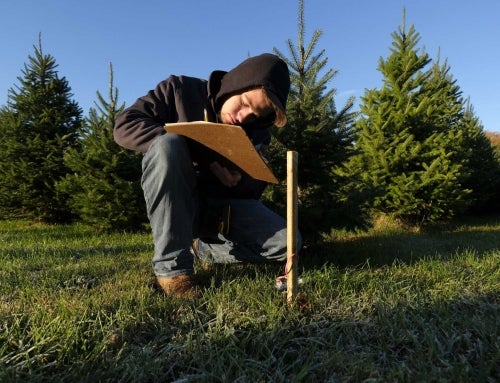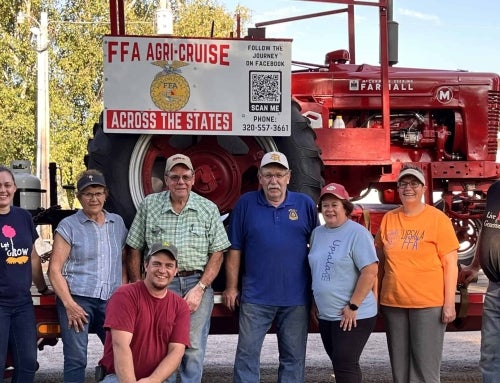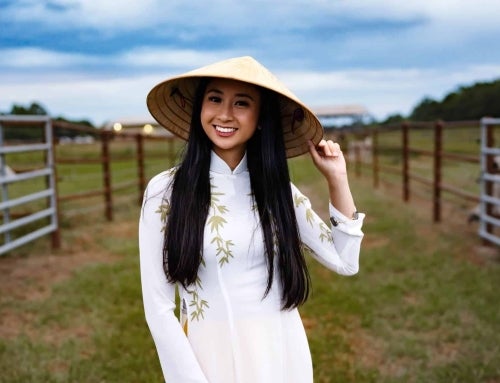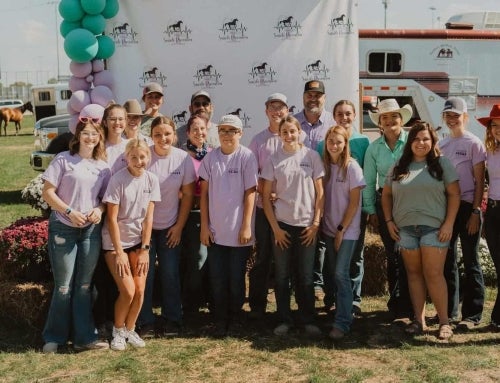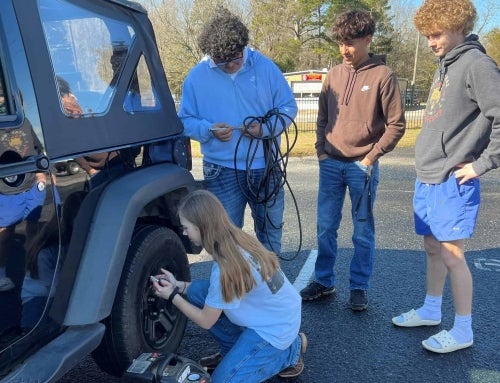Monarch butterflies have experienced significant declines over the last 20 years. A group of scientists, conservationists, corporate leaders and farmers is working to increase their populations. The group, known as the Monarch Collaborative, and organized by the Keystone Policy Center, includes FFA sponsors Bayer Crop Science, BASF, Corteva Agriscience and Syngenta.
“We know that agriculture is well-equipped to provide habitat for the monarch, so we identified an opportunity to reach out to farmers and provide resources and information to support their efforts,” explains Chip Shilling, manager of sustainability and issues management at BASF.
Collaborative members introduced efforts to support monarch butterfly populations in agricultural landscapes, according to Aimee Hood, head of regulatory and scientific engagement for Bayer.
“[The collaborative] was a convener of many of the key players in the agricultural sector that wanted to make a positive impact in this space,” Hood adds.
BASF, Bayer, Corteva and Syngenta have all launched their own pollinator initiatives. BASF established The Living Acres #MonarchChallenge and has provided 60,000 milkweed stems. Corteva planted pollinator habitat at many of its U.S. locations as part of its program, Corteva Grows Pollinator Habitat. Syngenta created Operation Pollinator, a global initiative that provides wildflower seed mixtures for pollinators, and Bayer established monarch habitat at 70 of its research and manufacturing sites.
In addition to their individual efforts, the organizations recognized the potential to join together for an even bigger impact. “We need to have all hands on deck,” says Corteva research scientist Chad Boeckman. Caydee Savinelli, stewardship team and pollinator lead for Syngenta, hopes that spreading messages about the essential role pollinators play in the ecosystem, including agriculture, will encourage farmers to preserve and plant habitat for monarch butterflies.
“Farmers are good stewards of the land,” Savinelli says. “It’s about how we can work together to expand our reach by working with many stakeholders and getting more seeds in the ground, and that starts with learning to appreciate the work that pollinators do.”




